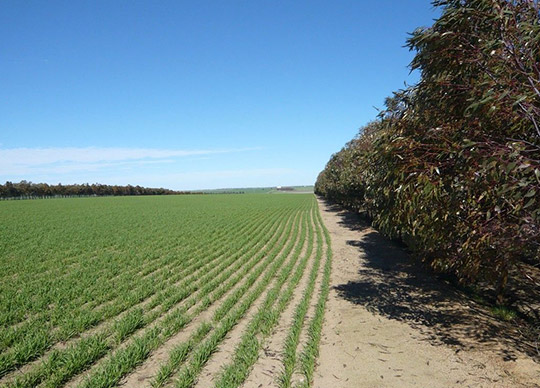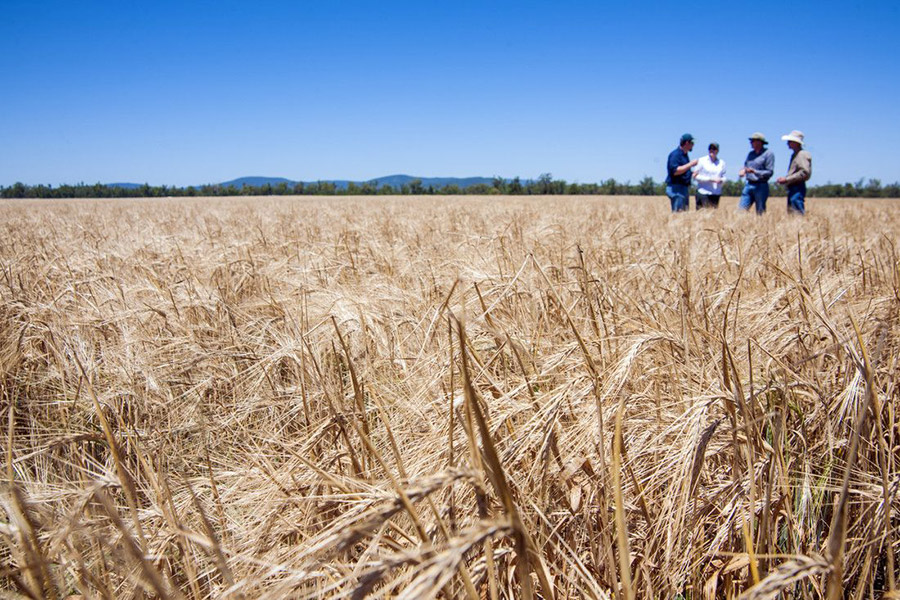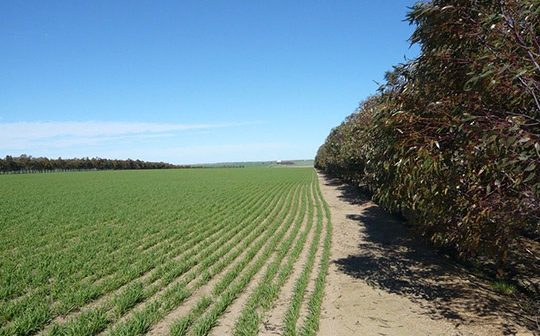
CSIRO has today launched a new research Mission to help Australia’s regions and hard-to-abate industries transform and accelerate towards a low emissions economy.
An initial $90 million will be invested in CSIRO’s Towards Net Zero Mission, a large-scale scientific and collaborative research initiative bringing together research, industry, government, and communities to help Australia’s hardest to abate sectors – including steel and agriculture – halve their emissions by 2035.
Announcing the Mission today, CSIRO Chief Executive Dr Larry Marshall said transitioning these industries is not just about using new technology to solve a global problem, but deliberately turning that problem into new economic growth by building national capability and reimagining how we live and work.
“Our hard to abate industries like resources and agriculture are critical Australian advantages and are deeply embedded into the fabric of our regions – regions that our country is built on,” Dr Marshall said. “So, our Mission must be co-developed not just with those in the hard to abate industries, but also in partnership with their communities to understand the impacts and opportunities arising from new science-enabled technologies and ways of doing business.
“The transformation of these hard to abate industries and regions is critical to our nation’s future prosperity, and Australian science will ensure no one gets left behind in this enormous transition. Every Australian is part of the journey to net zero.”

The Towards Net Zero Mission will help Australia respond to the multiple challenges facing our regions as we work to achieve our net zero ambitions and will:
- Support a profitable and sustainable agriculture industry in a low emissions world;
- Identify what is required to develop new low emissions steel and iron ore processes;
- Identify what is required to develop sustainable aviation fuel to support our aviation sector;
- Help regions navigate the transition to net zero through new collaborations, analysis, and support; and
- Expand Australia’s carbon offset capacity by using and scaling negative emission technologies such as carbon sequestration.
The Towards Net Zero Mission Lead, Dr Michael Battaglia, said: “The transition to net zero is underway and gaining pace across Australia. We see industry starting to transform itself, setting goals and testing technology. We know that the transition to net zero involves more than just low emissions technology. If these technologies are to be widely adopted, we need to create pathways for them that support prosperity and generate other benefits to the environment and society.”
The Towards Net Zero Mission brings together CSIRO with government partners and collaborators Climate Change Authority; Department of Climate Change, Energy; Environment and Water; Department of Industry, Science and Resources; Grains Research & Development Corporation (GRDC); Queensland Department of Agriculture and Fisheries; along with industry partners and collaborators BHP; Boeing; Climate Leaders Coalition (CLC); Climate-Kic; ClimateWorks; Incitec Pivot; KPMG Australia; Meat & Livestock Australia; Qantas; and a number of universities and research organisations including Heavy Industry Low-carbon Transition Cooperative Research Centre.
“Agriculture and its supply chains will play a critical role in Queensland’s decarbonisation. CSIRO has provided independent analysis to guide our vision and policy response for the sector, as evidenced in the draft Low Emissions Agriculture Roadmap released for public consultation in June. The Queensland Department of Agriculture and Fisheries looks forward to continuing to work with the Towards Net Zero Mission and other key research programs to ensure the agribusiness sector capitalises on low emissions economic opportunities.” said Mr Salvo Vitelli, General Manager, Agriculture Policy, Queensland Department of Agriculture and Fisheries
“We are excited to be collaborating with the Towards Net Zero Mission on an upcoming report to better understand Australia’s carbon sequestration potential. This will help inform choices about our pathways to net zero emissions, ensuring those choices are backed by rigorous, science-based evidence.” said Brad Archer, Climate Change Authority Chief Executive Officer.






